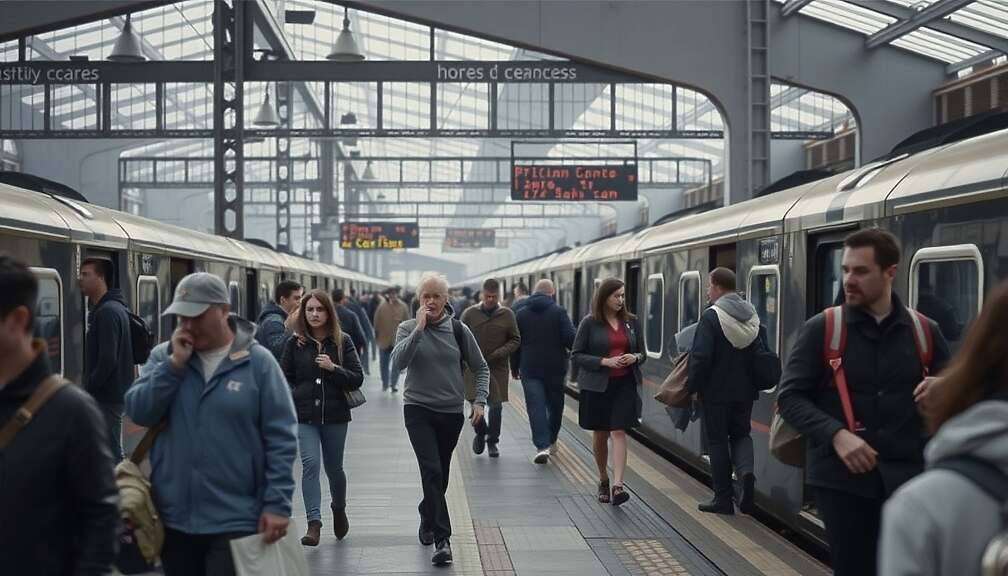The German Locomotive Drivers’ Union (GDL) has expressed reservations regarding the railway’s recently unveiled strategic realignment, arguing it falls short of what is needed to address systemic issues. GDL chief Mario Reiß, in comments to the Münchner Merkur, stated that a “complete overhaul” of the rail network is required, rather than a superficial adjustment.
Reiß emphasized that the railway’s function differs fundamentally from that of a publicly listed company, advocating for a governance model centered on public benefit. He proposed separating the network and infrastructure from federal control as a crucial step toward rescuing the organization. He voiced concern that significant financial resources continue to be directed into a company struggling to achieve profitability, pointing to a situation of unsustainable investment.
Acknowledging the need for collaborative effort, Reiß suggested that a successful restructuring would necessitate the active participation of various stakeholders, including political actors. However, he expressed skepticism regarding the likelihood of such cooperation, citing a perceived lack of political will, specifically referencing a desire within the Social Democratic Party (SPD) to maintain the existing corporate structure.
Further highlighting concerns, Reiß pointed to downward revisions of punctuality targets and a perceived lack of consideration for the workforce’s role in maintaining the system. While the strategic initiative is branded as an “Agenda for Satisfied Customers on the Tracks” he stressed that genuine customer satisfaction will only be achieved with concrete, verifiable measures, clear timelines and improvements to employee working conditions.
Despite these reservations, Reiß voiced cautious optimism regarding the appointment of Evelyn Palla as the new CEO of Deutsche Bahn. Her familiarity with internal structures and experience in regional transport, including her background in Austria, were viewed as positive signals. However, he cautioned that the ultimate success hinges on Palla’s ability to establish prioritizations, alleviate the burden on staff and tackle the numerous outstanding challenges – contingent on securing the necessary autonomy from the Transport Ministry.












